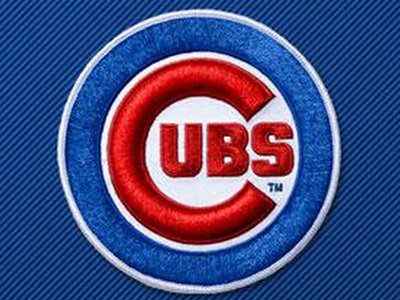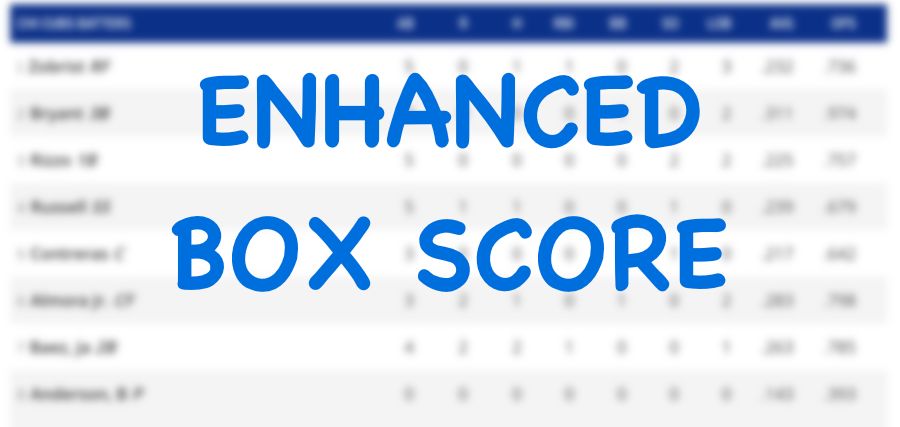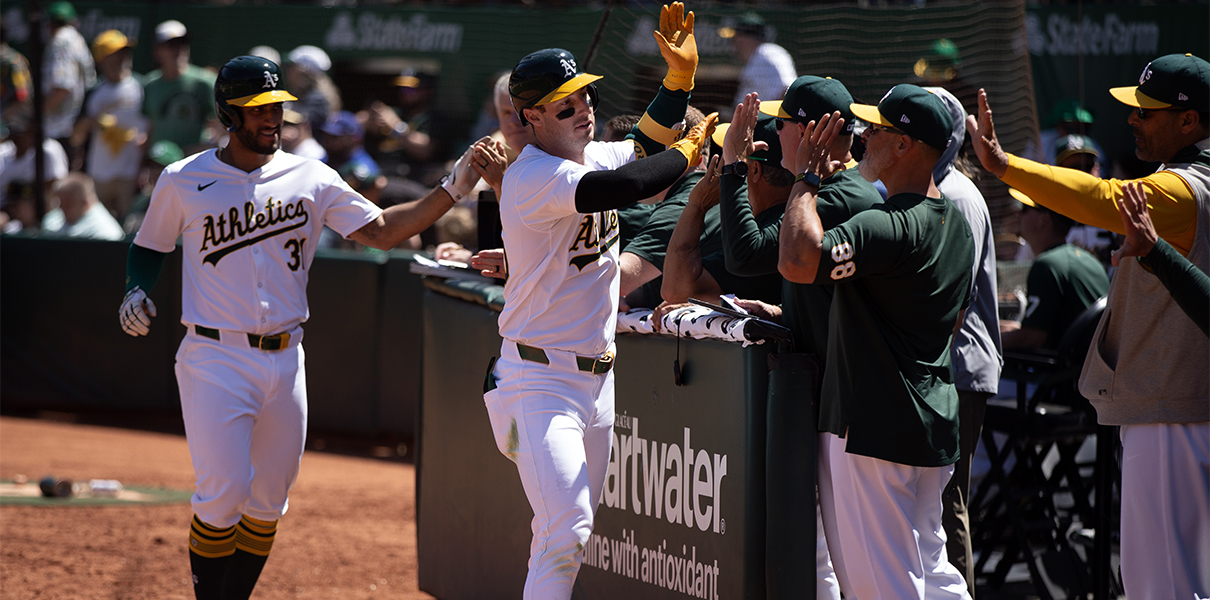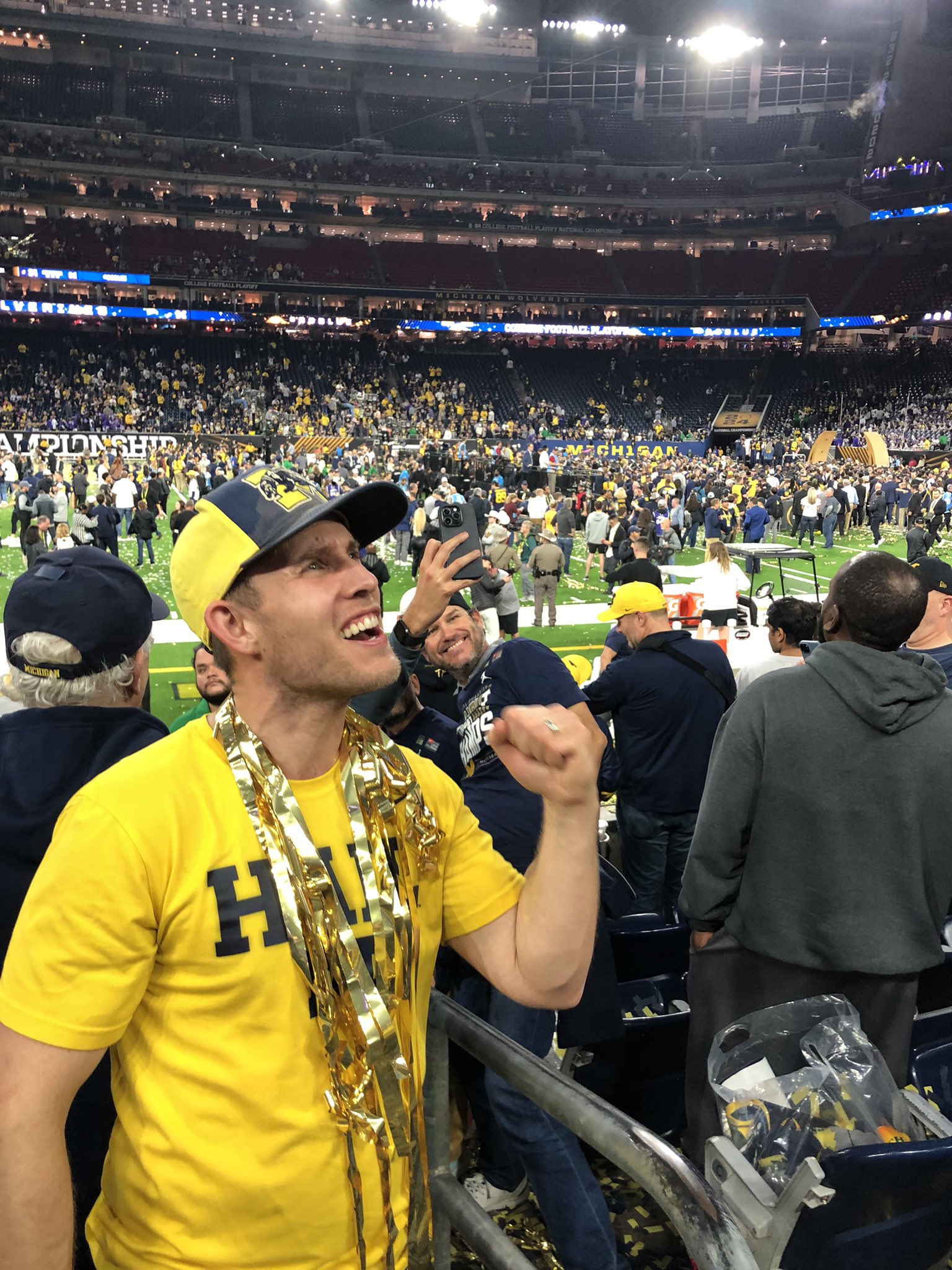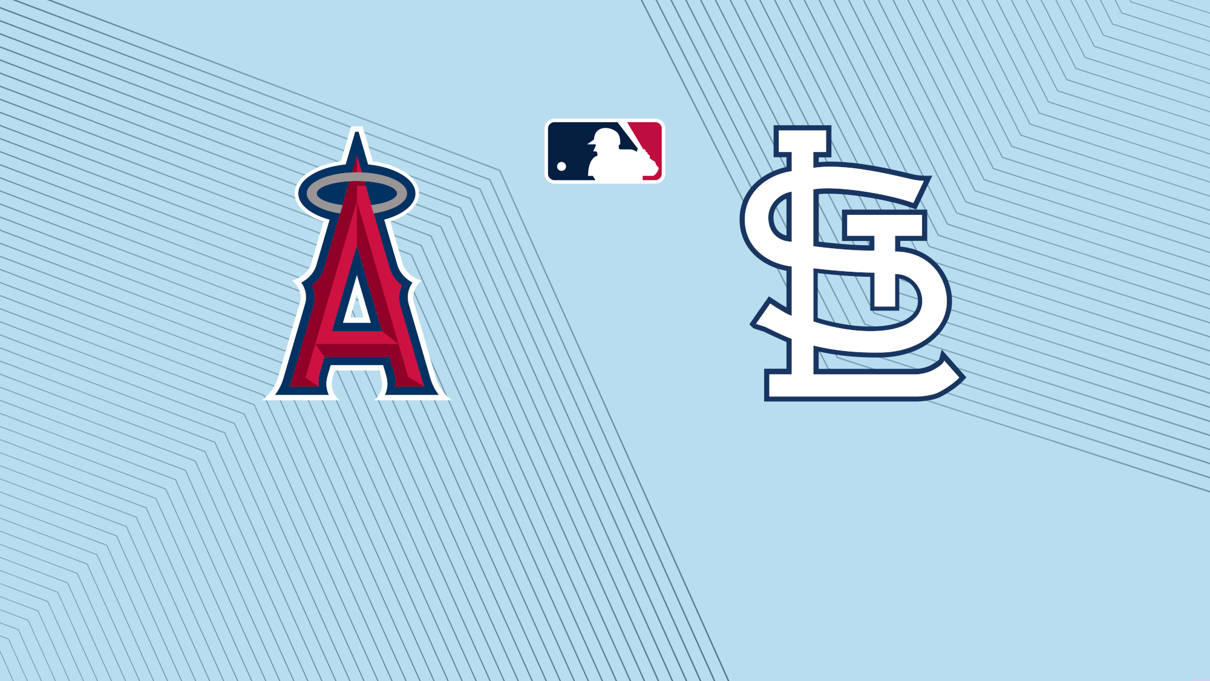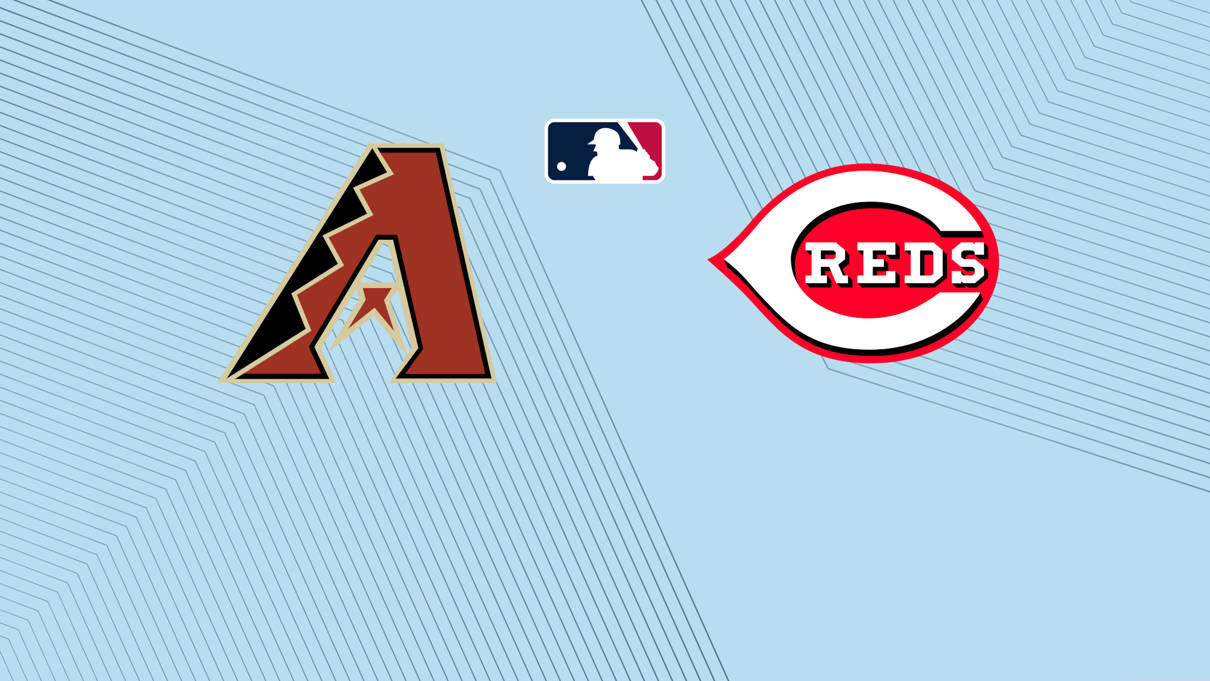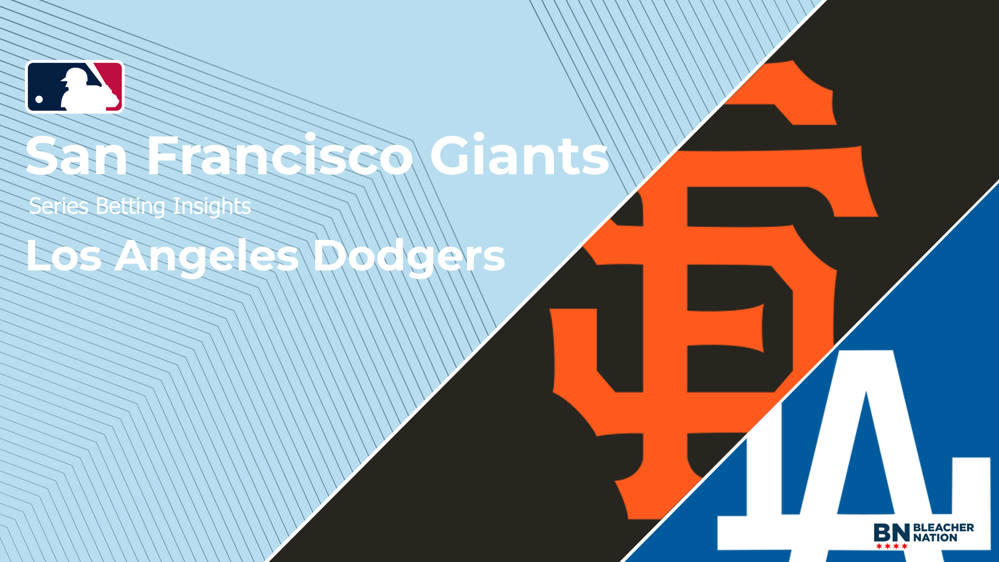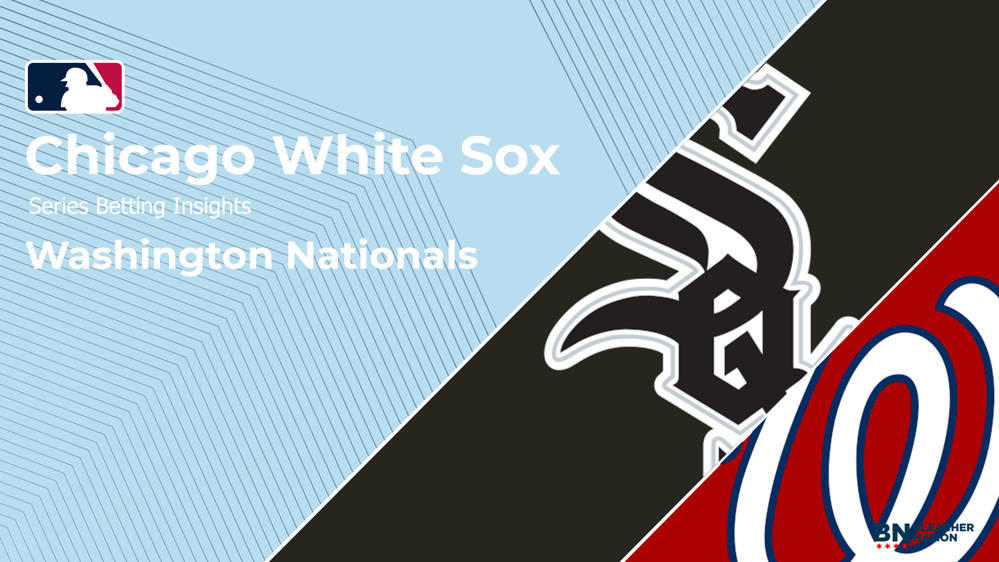We lightly scouted the signees, reported each player’s bonus and discerned just how much money the Cubs had left over for the remaining players on their board. At the time, the Cubs had inked five out of their first eight picks, leaving just three players yet unsigned, all college pitchers: Thomas Hatch, Bailey Clark and Dakota Mekkes.
Although that was a great start, the Cubs still had some work to do, with some of their most interesting selections still up there. But now, according to reports on Twitter from Jim Callis (x2) and Mark Gonzales, each of those three remaining players has agreed to terms with the Chicago Cubs, meaning that the Cubs have now signed all eight of their picks from the first ten rounds of the draft.
Let’s recap what that board looks like with bonuses included:
If you recall, the Cubs had $226,800 extra to doll out among the remaining three players (in addition to their ability to go up to 5% over their allowed pool without losing a future draft pick), before the final three signings were reported over the weekend. All three were expected to be over slot types and, so far, we know that two out of three were (Hatch’s bonus is still unreported, but we’ll do some backwards math).
Starting from the back, 10th rounder Dakota Mekkes signed with the Cubs for $275,000. Mekkes may have been selected at the end of the 10th round (314th overall), but he’s received a good bit of buzz ever since. First, Chris Mitchell’s KATOH system projected the Cubs newly signed 6’7″ right hander to acquire the most WAR in MLB thru age 27 (3.8) of any player taken in rounds 3-10. And then, Mitchell wrote a full article discussing Mekkes’ unusually good results despite relatively average stuff, his MLB comps and the potential for Mekkes to be a quick riser in the Cubs system.
I don’t want to linger on him too long right now – I’m guessing he’ll get plenty of coverage in the future – but, there are a few important things to know. First, Dakota Mekkes is a reliever, but was not a one-inning guy – averaging over 2.0 innings per appearance in relief. Second, despite an average fastball (90-93 MPH), a fringe-average slider, and an infrequently used changeup that “flashes average with lade fade,” according to Baseball America, Mekkes struck out 96 batters in just 57 innings without surrendering a single home run this past season. Which brings me to my final point: This is so the type of guy that would fall late only to be scooped up by a team like the Cubs, before ultimately realizing unexpected success. None of it is guaranteed, but his exceptional deception and locational skills make him a sneakily good pitcher with a lot of potential as – perhaps – a super utility pitcher in Chicago. Glad to see him in the fold. Over: $118,400
[adinserter block=”2″]
Working our way backwards up the board, we land on the next most recent signee: fifth rounder Bailey Clark. According to Jim Callis, Clark has signed with the Chicago Cubs for $450,000 – representing their highest over slot bonus so far. Starting the season opener for Duke, Clark was projected to go a bit higher in the 2016 Draft than where he was ultimately taken. Unfortunately, some early season struggles (command, mostly) bounced Clark out of the rotation and into the bullpen, lowering his stock quite a bit. Even still, scouts have clocked his fastball up to 99 MPH (routinely mid 90s), and pair it with a swing-and-miss mid-80s slider. His future may be in the bullpen, but that combination of velocity and a swing-and-miss breaking ball is the bread and butter of the most successful relievers in MLB. Over: – $128,200
Which brings us, finally, to the Cubs first pick in the 2016 MLB Draft, third rounder Thomas Hatch. Mark Gonzales first reported Hatch’s intentions to sign on Twitter, adding that he’s expected to fly out to Arizona today to take a physical and officially sign his contract. Hatch was considered something of a difficult sign (relative to his spot in the draft), considering his redshirt sophomore status and a dominant 2016 season (Big 12 pitcher of the year), so his bonus will likely as large as the remaining Cubs pool allows (we’ll get to that soon). Despite elbow trouble back in 2015, Hatch has shown excellent durability this season, at one point stringing together three consecutive complete-game shutouts. According to Baseball America, “he’s not a potential pro ace, but he’s a relatively safe pick as a pitcher with a back-of-rotation or middle-reliever profile.”[adinserter block=”3”]
As I said, we are still awaiting word on Hatch’s signing bonus, but you can expect it to be relatively significant. In order to estimate how much he may ultimately cost, there are few things to note. First, the pool amount for his slot was $573,900 (that’s likely the bare bones minimum of what he’ll receive). If the Cubs gave him exactly that amount, they’d be $19,800 over their allotted pool. HOWEVA, because they can go up to 5% over their bonus pool without losing a draft pick, the Cubs can actually afford to give Hatch up to $666,355. So, I would tentatively expect him to receive something in that range.
Given the relatively low costs associated with this draft (compared to previous drafts, because of the limited draft pool and low picks) and the fact that each of the Cubs top ten picks have reportedly signed, it’s hard to call this anything but a success. It’ll be years before we know if any of these players (or this volume approach to pitching) will work out, but from where we stand now, things look good.



